Rich countries have bought too many COVID-19 vaccines: Amnesty
Rich countries have secured enough coronavirus vaccines to protect their populations nearly three times over by the end of 2021, Amnesty International and other groups said on Wednesday, possibly depriving billions of people in poorer areas.
Britain approved Pfizer's COVID-19 vaccine this month, raising hopes that the tide could soon turn against a virus that has killed nearly 1.5 million globally, hammered the world economy and upended normal life.
Amnesty and other organizations including Frontline AIDS, Global Justice Now and Oxfam, urged governments and the pharmaceutical industry to take action to ensure intellectual property of vaccines is shared widely.
The World Health Organization (WHO) has also called on governments repeatedly this year to make a vaccine protecting against COVID-19 a "public good".
The WHO has backed a global vaccine program scheme known as COVAX, which seeks to ensure equitable distribution of vaccines and 189 countries have joined.
But some countries such as the United States have not signed up, having secured bilateral deals. COVAX hopes to deliver some 2 billion doses by the end of 2021 but that would still only represent about 20% of the populations of countries that are part of the mechanism.
"Nearly 70 poor countries will only be able to vaccinate one in ten people against COVID-19 next year unless urgent action is taken," Amnesty International said, based on recent calculations.
"Updated data shows that rich nations representing just 14% of the world's population have bought up 53% of all the most promising vaccines so far," it said.
Amnesty said Canada was the country that had bought the most shots when considering the size of its population with enough doses to vaccinate every Canadian five times.
The organization urged support for a proposal made by South Africa and India to the World Trade Organization Council to waive intellectual property rights for COVID-19 vaccines, tests and treatments.
Steve Cockburn, Amnesty International’s Head of Economic and Social Justice, said, “The hoarding of vaccines actively undermines global efforts to ensure that everyone, everywhere can be protected from Covid-19.
“Rich countries have clear human rights obligations not only to refrain from actions that could harm access to vaccines elsewhere, but also to cooperate and provide assistance to countries that need it.
“By buying up the vast majority of the world’s vaccine supply, rich countries are in breach of their human rights obligations. Instead, by working with others to share knowledge and scale up supply, they could help bring an end to the global Covid-19 crisis.”

Rich countries hoarding Covid vaccines, poorer nations will suffer
Separately, an international vaccine watchdog warned that people living in poor countries are likely to miss out on the Covid-19 vaccine due to rich countries “hoarding” doses of the injections.
The People's Vaccine Alliance has said that wealthier countries have bought up enough doses to immunise their entire populations nearly three times over by the end of next year, if vaccines currently in clinical trials are all approved for use.
In 67 poorer nations, just one in 10 people can hope to receive a vaccine by the end of next year, it noted .
Five of these 67 countries - Kenya, Myanmar, Nigeria, Pakistan and Ukraine - have reported nearly 1.5 million cases of coronavirus between them.
But in the developed world, where a rush to secure vaccine supplies began in the first weeks and months of the pandemic, a surplus has been ordered; with nations representing just 14% of the world's population owning more than half of the most promising vaccines.
The group urged pharmaceutical companies to share their technology and intellectual property with the WHO, and called on governments to commit to sending vaccines to the developing world, in order to close the economic disparity between nations as they look to emerge from the devastating Covid-19 crisis.
Dr Mohga Kamal Yanni, from The People’s Vaccine Alliance, said, “The current system, where pharmaceutical corporations use government funding for research, retain exclusive rights and keep their technology secret to boost profits, could cost many lives.”
Anna Marriott, Oxfam’s health policy manager, said, “No one should be blocked from getting a life saving vaccine because of the country they live in or the amount of money in their pocket.
“But unless something changes dramatically, billions of people around the world will not receive a safe and effective vaccine for Covid-19 for years to come.”
WHO director general, Tedros Adhanom Ghebreyesus, has repeatedly warned that “no-one is safe until everyone is safe.”
(Source: Agencies)
VIDEO | 44th Fajr Theater Festival underway in Tehran
VIDEO | Press TV's news headlines
VIDEO | Oil workers' march in support of reform of Venezuela's main oil law
VIDEO | Malaysians hold rally in front of Iranian embassy to condemn US, Israel threats
Israel to partially reopen Rafah border crossing after long closure
FM says Iran open to talks ensuring its legitimate rights and based on mutual respect
Rights groups in Australia call on authorities to arrest Israeli president
FIFA must strip US of 2026 World Cup hosting rights over Trump’s hawkish policies: Analyst


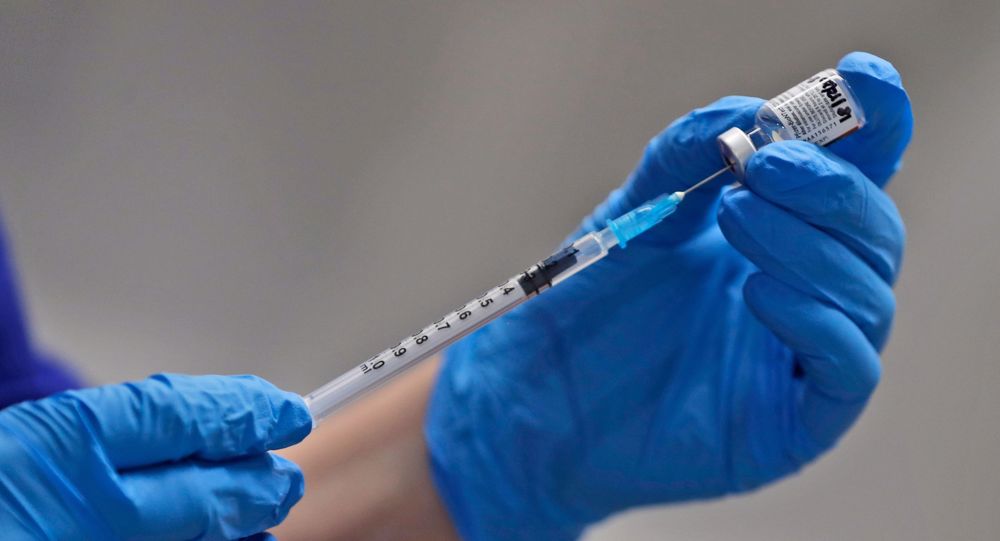
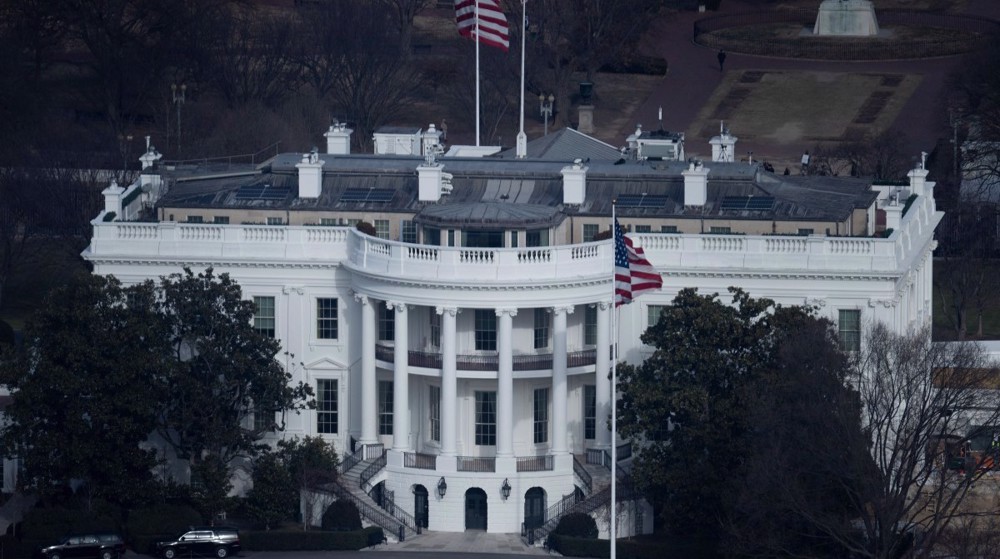
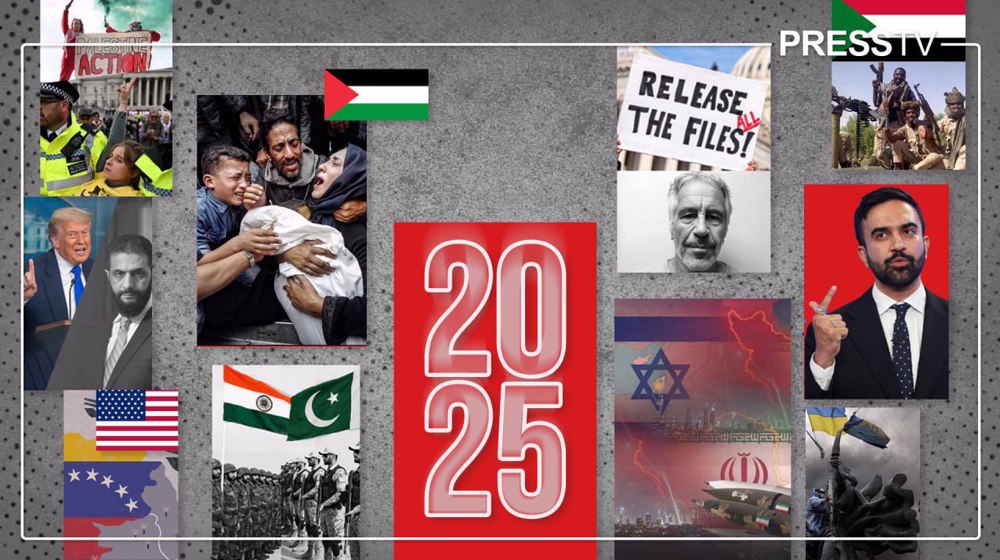
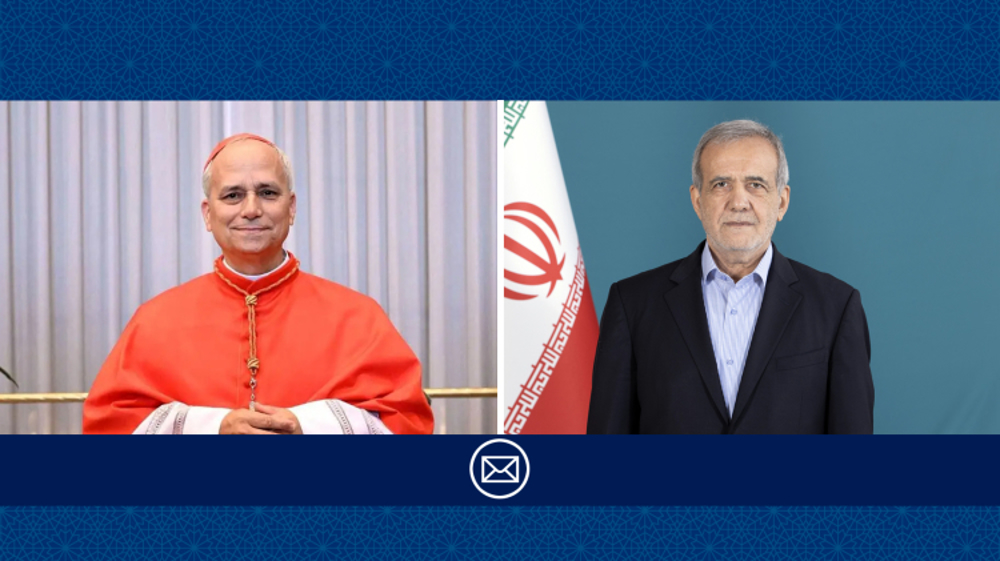



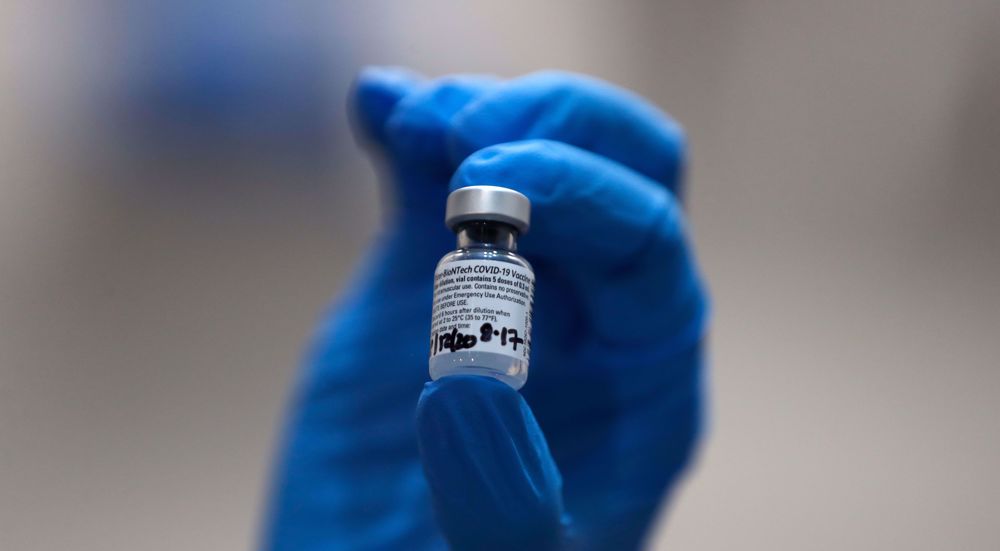






 This makes it easy to access the Press TV website
This makes it easy to access the Press TV website